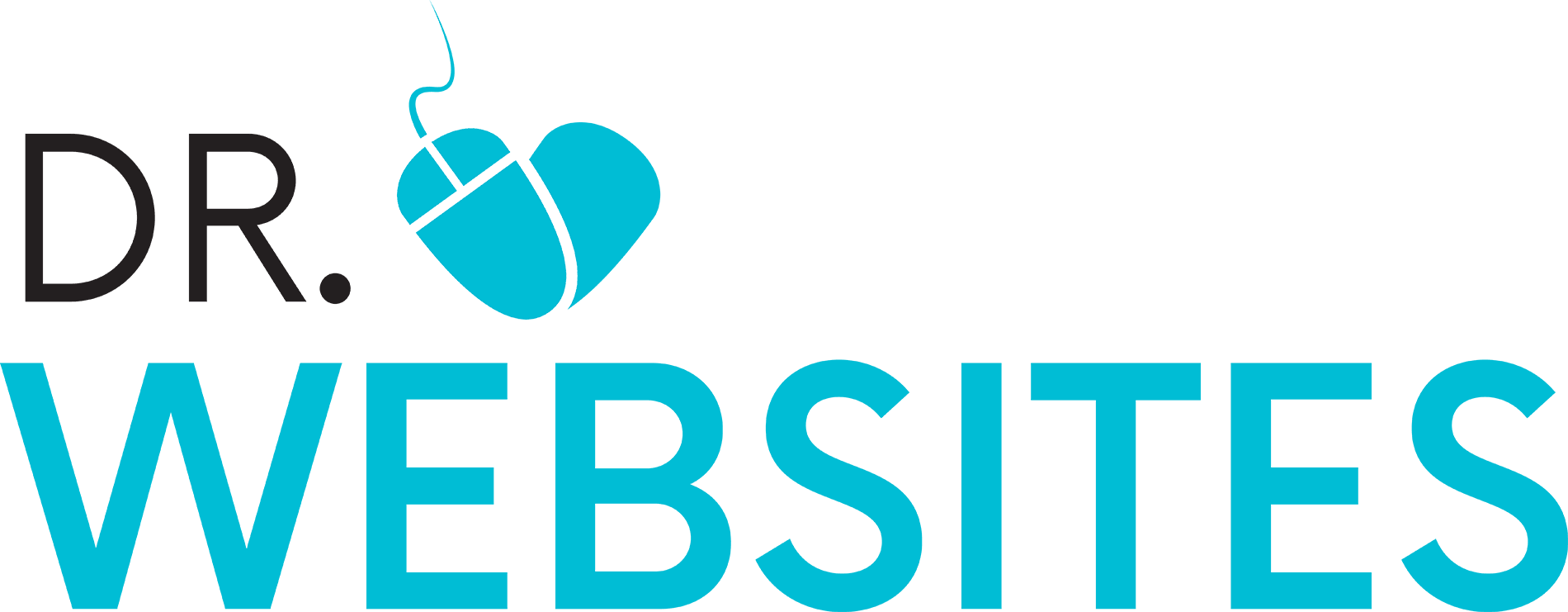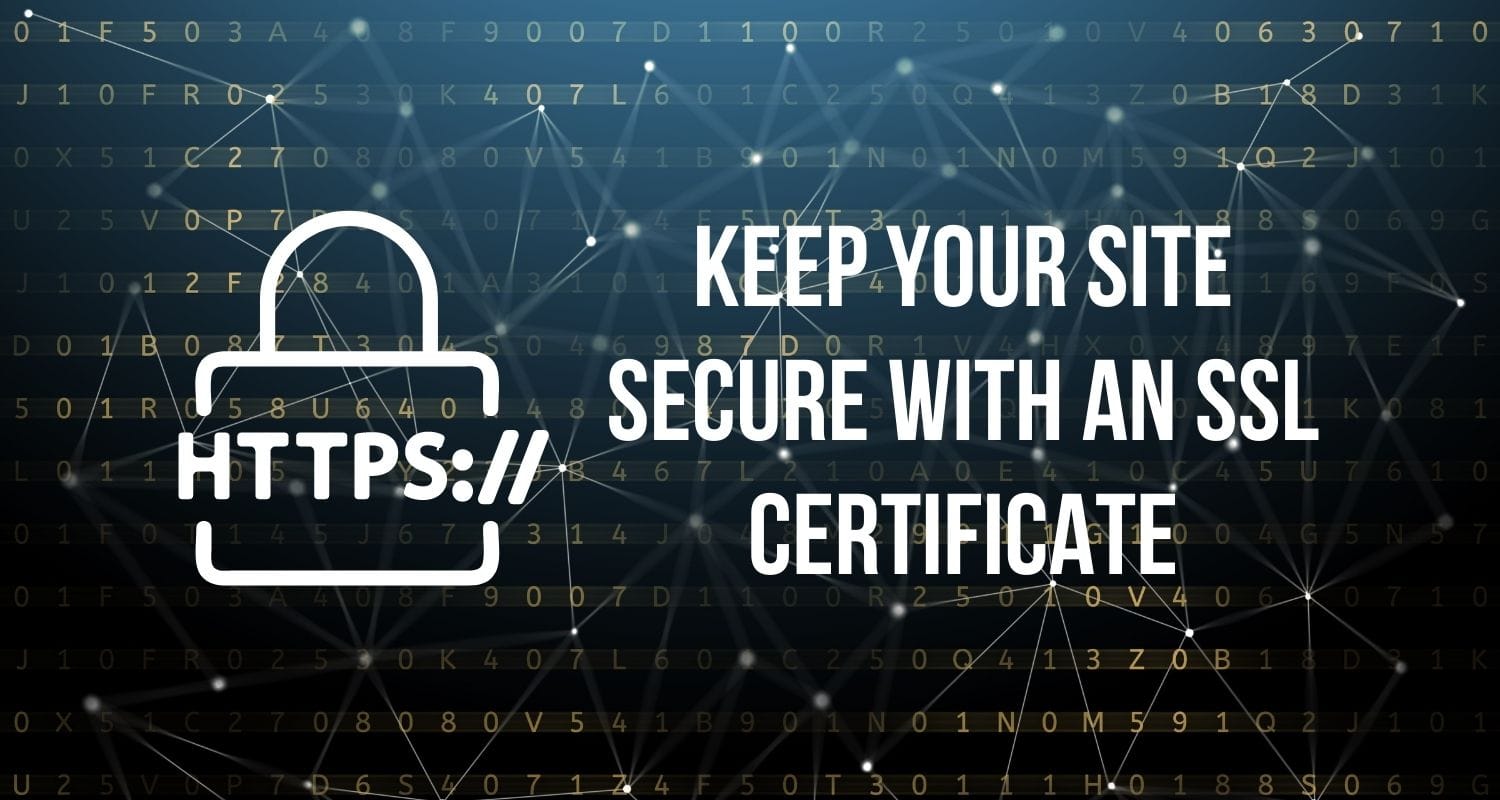One of the biggest fears any small business has is a security breach. Imagine having your Apple ID or Gmail account compromised and having to deal with the aftermath of all those charges. That could be devastating for a small business. This is why all dental practice website owners should consider installing SSL (Secure Socket Layer) certificates on their websites.
Dental practices may feel that getting an SSL certificate is unnecessary for their business. Since the benefits are hard to spot until you lose your data, owners think getting a certificate is another expense that would take their budget away from other essential objectives.
But in this article, we’re going to give you some reasons why it’s time to get an SSL certificate and automate your security.
How Does SSL Work?
SSL (Secure Sockets Layer) stands for Secure Sockets Layer. It’s a protocol for encrypting and authenticating data transferred between a web server and an application (like your browser). This results in a more secure web for both you and your website’s users.
Looking in your browser is the quickest way to see if a website uses SSL. Secure connections are usually indicated by a green padlock and a message on the address bar of most browsers. Look for a green padlock in Google Chrome.
Advantages of SSL for your dental practice
Many dental practice owners believe that SSL is only valid for sites that process sensitive data such as credit cards or financial information. While SSL is unquestionably essential for those sites, its advantages go even further than that.
Encryption: SSL provides point-to-point encryption to ensure data security during transmission. When potential patients enter data on your site (say, when filling in your contact form), it passes several touchpoints before arriving at its eventual destination. Bad actors might alter this data without the benefit of SSL.
Authentication: A secure SSL connection assures that data is transferred to and received from the intended server, rather than a malicious “man in the middle.” That is, it aids in the prevention of malicious individuals mimicking your website.
The possibility of higher Google rankings: The trustworthiness of your website is one of the essential criteria in Google ranking. SSL certificates for websites have recently received more attention from Google, as they are one of the most widely recognized trust indicators on the internet for both users and businesses. Google’s Chrome browser now features a feature that flags websites lacking SSL certificates as “not secure” and warns users not to use or trust them.
Improved visitor trust: Earning website visitors’ trust is one of the most vital components in dental practice digital marketing strategies, and it’s more challenging than ever these days due to rising fraud and hacking incidents. An SSL certificate lets you communicate your organization’s validity loudly and clearly, even to individuals unfamiliar with web security. This certification allows you to tell your consumers that you use the strongest encryption available. The color green is the most unambiguous indication that your browser approves a website.
What if I don’t have an SSL certificate for my website?
Security attacks have become more sophisticated as technology has progressed. According to studies, the average cost of a data breach will be $4.24 million in 2021. An SSL certificate can aid in the prevention and reduction of cyberattack threats.
Cyberattacks may threaten the privacy of millions of users and harm a company’s brand, in addition to financial damages.
One example is the Equifax data breach. The company found in September 2017 that its systems had been hacked, exposing the personal data of 148 million Americans. Later, it was discovered that their SSL certificates had reached the end of their validity period. To compensate customers affected by the data breach, the business agreed to a $425 million global settlement.
While this is an outsized example, it demonstrates the potential of SSL to protect your future dental patients, should the unthinkable arise.

